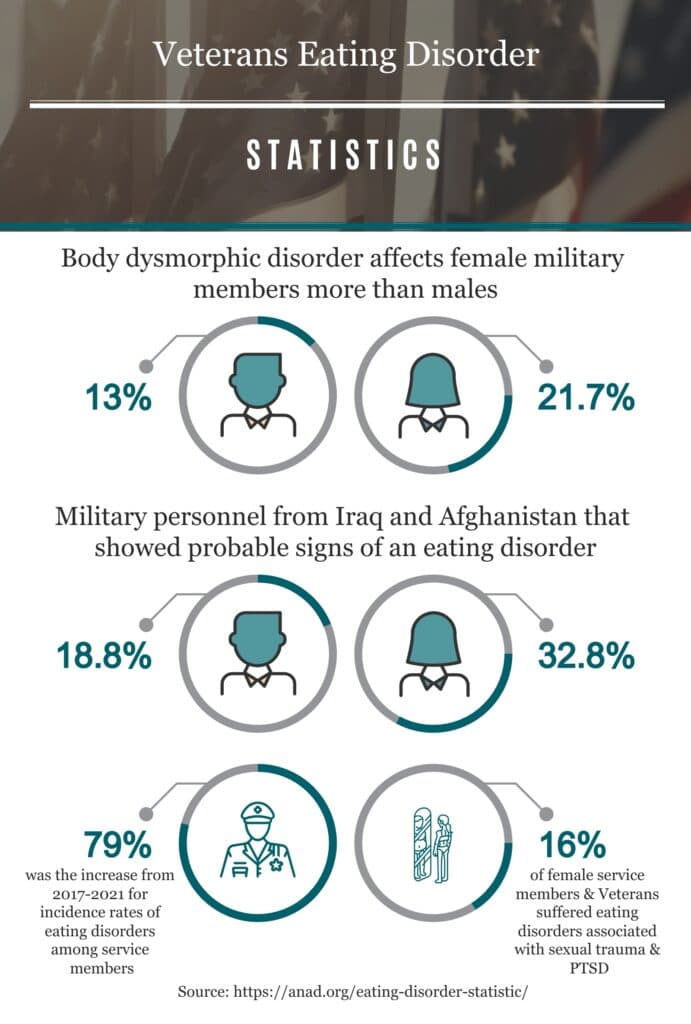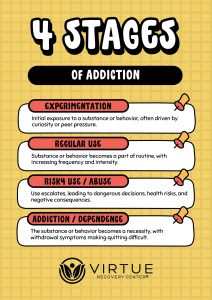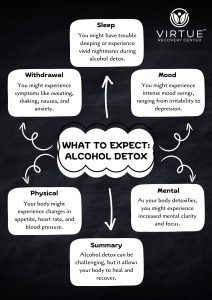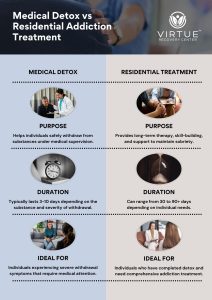Key Takeaways:
- Eating disorders are prevalent among military service members and Veterans, mainly due to weight requirements, stress, and trauma.
- Body dysmorphic disorder is much higher among military members, affecting 13% of males and 21.7% of females.
- Over 16% of female Veterans and personnel have suffered from eating disorders, often linked to sexual trauma and PTSD.
- The incidence rate of eating disorders in the military increased by 79% from 2017 to 2021.
- Virtue Recovery Las Vegas offers specialized eating disorder treatment for military personnel and Veterans.
Introduction
Eating disorders affect millions of people across the globe, but certain groups are at higher risk. Military service members and Veterans face unique challenges that can contribute to the development of eating disorders, such as the pressure to meet strict weight requirements, combat stress, and sexual trauma. Understanding the prevalence and the factors contributing to these disorders in the military is crucial for effective treatment and support. In this article, we’ll explore key eating disorder statistics for military members and Veterans, focusing on the unique circumstances they face.
The Connection Between Military Life and Eating Disorders
Stress, Trauma, and Weight Standards
Certain aspects of military life are thought to increase the risk of developing eating disorders. These include weight and fitness requirements, combat exposure, and military sexual trauma. Weight and fitness standards are significant in a service member’s career. To stay within weight limits, many engage in extreme dieting or disordered eating behaviors that can persist long after their service ends.
One-third of overweight military personnel engage in unhealthy weight-loss behaviors to “make weight” while serving. These unhealthy habits often continue into their post-service life, increasing the likelihood of developing an eating disorder as Veterans.
Body Dysmorphic Disorder in the Military
Body dysmorphic disorder (BDD) is a mental health condition where individuals become obsessed with perceived flaws in their appearance. In the military, BDD rates are significantly higher than in the general population. Among male military members, 13% suffer from BDD, while the rate among female military members is even higher at 21.7%. These rates are more than five times higher than the general public’s.
Prevalence of Eating Disorders Among Service Members and Veterans
Female Service Members and Veterans
Women in the military are at an elevated risk for developing eating disorders. Over 16% of female military personnel and Veterans have struggled with eating disorders, many of which are linked to military sexual trauma and PTSD. These disorders often go hand in hand with other mental health issues, making them harder to treat.
In one study, 32.8% of female Veterans from Iraq and Afghanistan showed signs of probable eating disorders, with the highest rates being atypical anorexia nervosa (13.6%), followed by bulimia nervosa (6.1%) and binge-eating disorder (4.4%).
Male Service Members and Veterans
While eating disorders are often thought to affect women primarily, male Veterans are also at risk. In the same study, 18.8% of male Veterans from Iraq and Afghanistan showed signs of probable eating disorders, with atypical anorexia nervosa being the most common at 4.9%, followed by bulimia nervosa (3.5%) and binge-eating disorder (2.9%).
Increasing Rates of Eating Disorders in the Military
Over the years, the rates of eating disorders among military members have risen dramatically. From 2017 to 2021, the incidence rates increased by a staggering 79%. This spike may be due to growing awareness and diagnosis but also to the increasing mental health challenges faced by service members and Veterans as they transition back to civilian life.
Combat stress, the pressure to maintain specific physical standards, and mental health disorders such as PTSD all contribute to the rise in eating disorders. For many Veterans, the trauma of military service leads to the development of disordered eating patterns as a way to regain control over their lives.
Addressing Eating Disorders Among Veterans
Recognizing the Signs
Eating disorders can manifest in a variety of ways. Some Veterans may restrict their food intake, binge eat, or purge after meals. Others may engage in excessive exercise or use laxatives to control their weight. Recognizing these signs is crucial for early intervention.
Veterans who experience significant changes in their eating behaviors, feel out of control with food or have an intense fear of gaining weight should seek help from a healthcare professional, especially those with experience treating eating disorders in Veterans.
Specialized Treatment Options
Virtue Recovery Las Vegas offers specialized eating disorder treatment for military members and Veterans. We understand the unique challenges that come with military life, and we tailor our treatment plans to address both eating disorders and any co-occurring mental health conditions, such as PTSD or depression.
Our comprehensive programs include therapy, nutrition counseling, and military personnel and Veterans support groups. If you or a loved one is struggling with an eating disorder, we can provide the help and support you need to start your recovery journey.
Conclusion
The rates of eating disorders among military service members and Veterans are alarmingly high, with many facing the dual challenges of trauma and unhealthy eating behaviors. However, help is available. At Virtue Recovery Las Vegas, we offer specialized, trauma-informed care for Veterans and service members dealing with eating disorders. Call us today at 866-520-2861 to learn more about our programs and how we can help you or your loved one take the first step toward recovery.

FAQs About Eating Disorders Among Military Veterans
What are the most common eating disorders among military Veterans?
The most common eating disorders among Veterans include atypical anorexia nervosa, bulimia nervosa, and binge-eating disorder.
Why are eating disorders common in the military?
Factors like strict weight standards, combat stress, and military sexual trauma can contribute to the development of eating disorders among military personnel.
How do eating disorders affect Veterans differently than civilians?
Veterans often experience co-occurring disorders, such as PTSD, which makes treating eating disorders more complex compared to civilians.
Can Veterans get treatment for eating disorders at the VA?
Yes, the Department of Veterans Affairs (VA) offers treatment options for Veterans with eating disorders through specialized programs.
How can Veterans get help for an eating disorder?
Veterans can seek help through specialized treatment centers like Virtue Recovery Las Vegas, which offers comprehensive care for eating disorders and co-occurring conditions.
Do Military Service Members and Veterans Face a Higher Risk of Eating Disorders Compared to the General Population?
Military service members and veterans may face a higher risk of eating disorders in men compared to the general population due to the unique stressors and pressures they experience. These individuals may struggle with body image issues, disordered eating patterns, and underlying trauma related to their service, leading to a greater risk for developing eating disorders.













